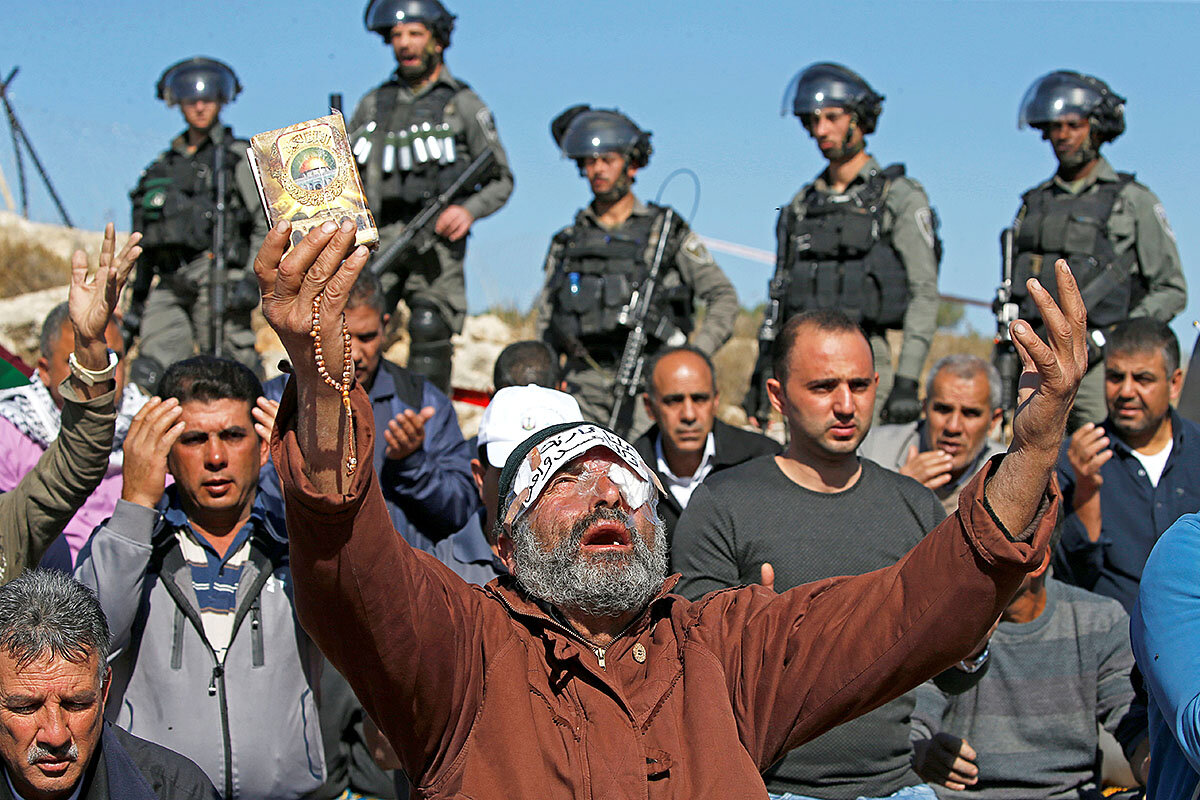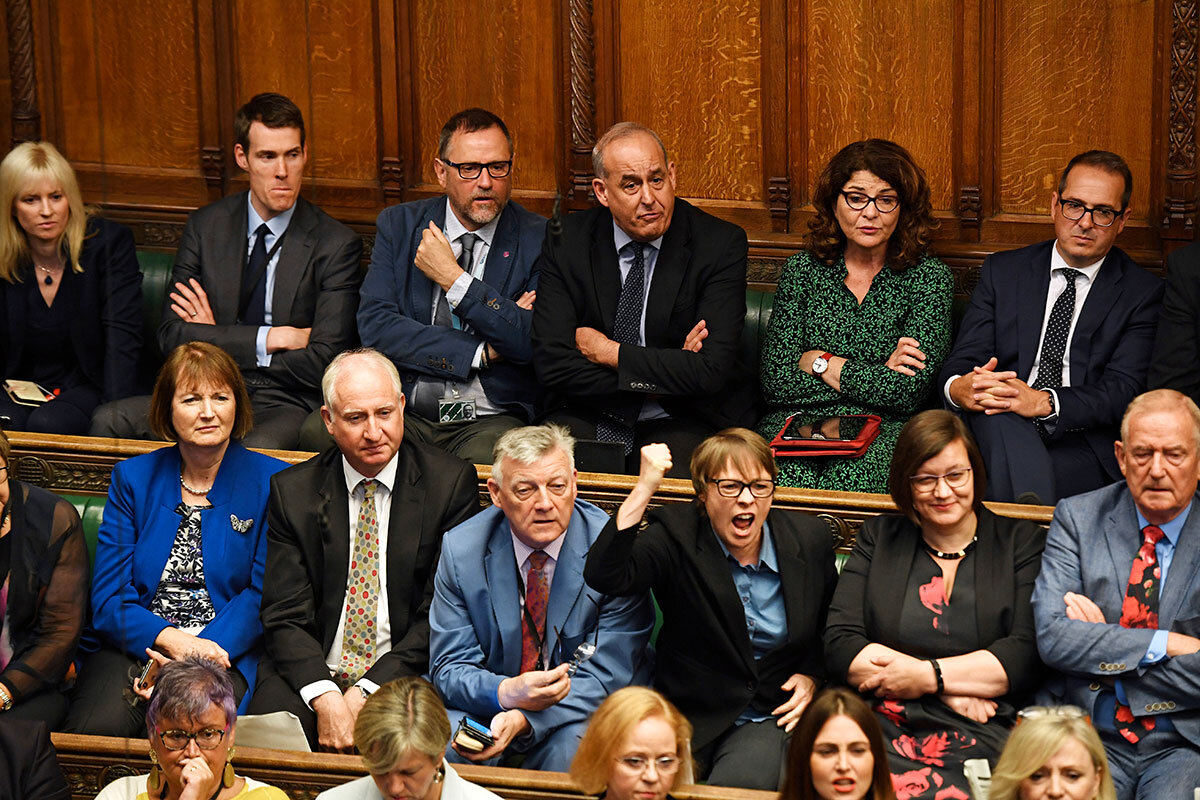Yes, democracy just had a moment in Hong Kong. Our writer looks at the importance of keeping such milestones in context – as opportunities to keep momentum toward shifting thought.
Monitor Daily Podcast
- Follow us:
- Apple Podcasts
- Spotify
- RSS Feed
- Download
 Clayton Collins
Clayton Collins
Welcome back. Today we look at a White House vision (not yet a plan) for the Mideast, democracy’s near-term win in Hong Kong, the environment as a global voting issue, the decline of British political civility, and personhood for nonhuman animals.
First, to begin a week that celebrates gratitude, a moment on one of its companion attributes: humility.
Wildfires didn’t end when the reports out of California slowed. The burning flared up elsewhere, notably in parts of Australia. This fiery age – at least one fire historian warns of a dawning Pyrocene era – is often attributed to the same human activity that speeds climate change.
But human action can also be a salve. Work in the science of firefighting, for example, is surging. Computer simulations in labs teach about the role of terrain in containment. Radar and lidar pull data from ash clouds.
Some approaches to prevention and damage mitigation are much more organic. Certain forms of permaculture – planned agriculture that closely mimics nature – may help burned-out regions grow back less vulnerable to flooding, desertification, and flames.
Humility means an openness to applying old wisdom to a modern scourge.
And so, some researchers have been listening to the Karuk Tribe of Northern California and southern Oregon about their centuries of adaptive land management and knowledge of the interplay among humans, animals, plants, and fire. Others aim to tap not only modern Australian tactics for fighting bush fires but also Aboriginal practices, which include low-intensity “patch burning.”
With each wildfire season, a greater readiness? That could be an opportunity for gratitude, too.










